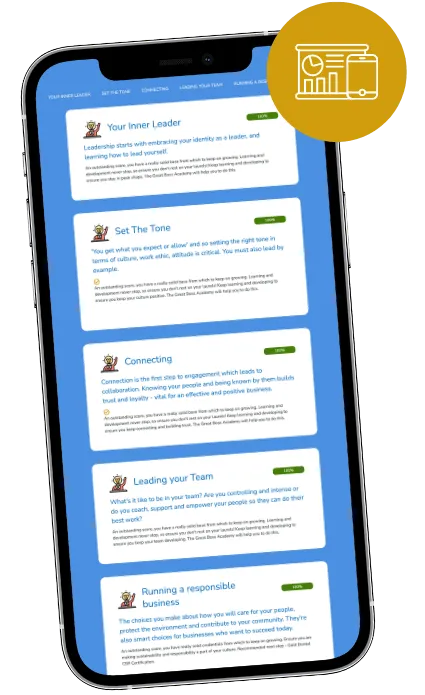
The Power of Clarity in Dental Teams: How One Nurse Turned It Around
At first glance, she seemed like a perfect hire.
Bright. Friendly. Willing.
She fit in well with the team and had all the right instincts.
But something just wasn’t clicking.
She wasn’t picking up the key tasks.
She needed constant reminders.
And her probation period was ticking down.
The feedback from the team?
“She’s lovely, but she’s just not getting it.”
“She’s doing low-level stuff.”
“We’ve told her what to do — it’s just not happening.”
There was talk of letting her go.
And then the Principal stepped in.
Instead of following through with dismissal, she did something radical.
She got clear.
The Reset That Changed Everything
She brought her into her office and started from scratch.
She re-explained the expectations.
She described what “good” looked like in her role — not in vague terms, but in detail.
She used the Magic Feedback model — and began with a simple sentence that changed everything:
“I’m giving you this feedback because we have high standards here — and I believe you can achieve them.”
It wasn’t just kind. It was powerful.
It said:
You belong here.
We expect more — and we think you’re capable of it.
That level of clarity and belief is what helped her not just survive probation — but thrive.
By the end of her probation, she’d gone from being a concern to being a key team member. Today, she’s one of the most trusted people in the practice.
The Real Problem? Assumptions.
This wasn’t a performance issue.
It was a clarity issue.
The team thought she “should know.”
They thought they’d been clear — but they hadn’t.
They assumed their expectations were obvious — but they weren’t.
And this happens all the time.
People get labelled as under-performers when what they really need is direction.
Clarity Is Kindness. Assumptions Are Not.
We avoid being clear because we don’t want to seem harsh.
Because we don’t want to rock the boat.
Because we’re uncomfortable.
But vague communication leads to real consequences:
Anxiety and second-guessing
Poor performance
Frustration on both sides
A culture of silence
When you make expectations clear — and create a culture where it’s safe to ask for help — people step up.
That’s not micromanagement. That’s leadership.
What You Can Do
Here’s how to start building a culture of clarity:
Name it early. Don’t wait until probation is nearly over.
Use Magic Feedback: 'I'm giving you this feedback because we have high standards, and I believe you can achieve them'.Be specific. Say what’s working and what’s not. Be kind and clear.
Make it safe. Reassure people that asking for help won’t get them judged.
Follow up. Support their growth — don’t just dump and disappear.
Final Thought
If someone on your team is falling short, ask yourself:
Have I actually been clear?
Or have I just assumed they know?
Because clarity isn’t just a communication skill.
It’s a kindness.
It’s a culture.
And it’s your job.
Want more stories and leadership tools like this?
Quick Links
Quick Links
Resources


Do you want to see how you're doing?
© great-boss.COM | ALL RIGHTS RESERVED | a purpose driven business programme | Membership T&C | PDB Ltd, The charmwood centre, southampton so40 2nr

